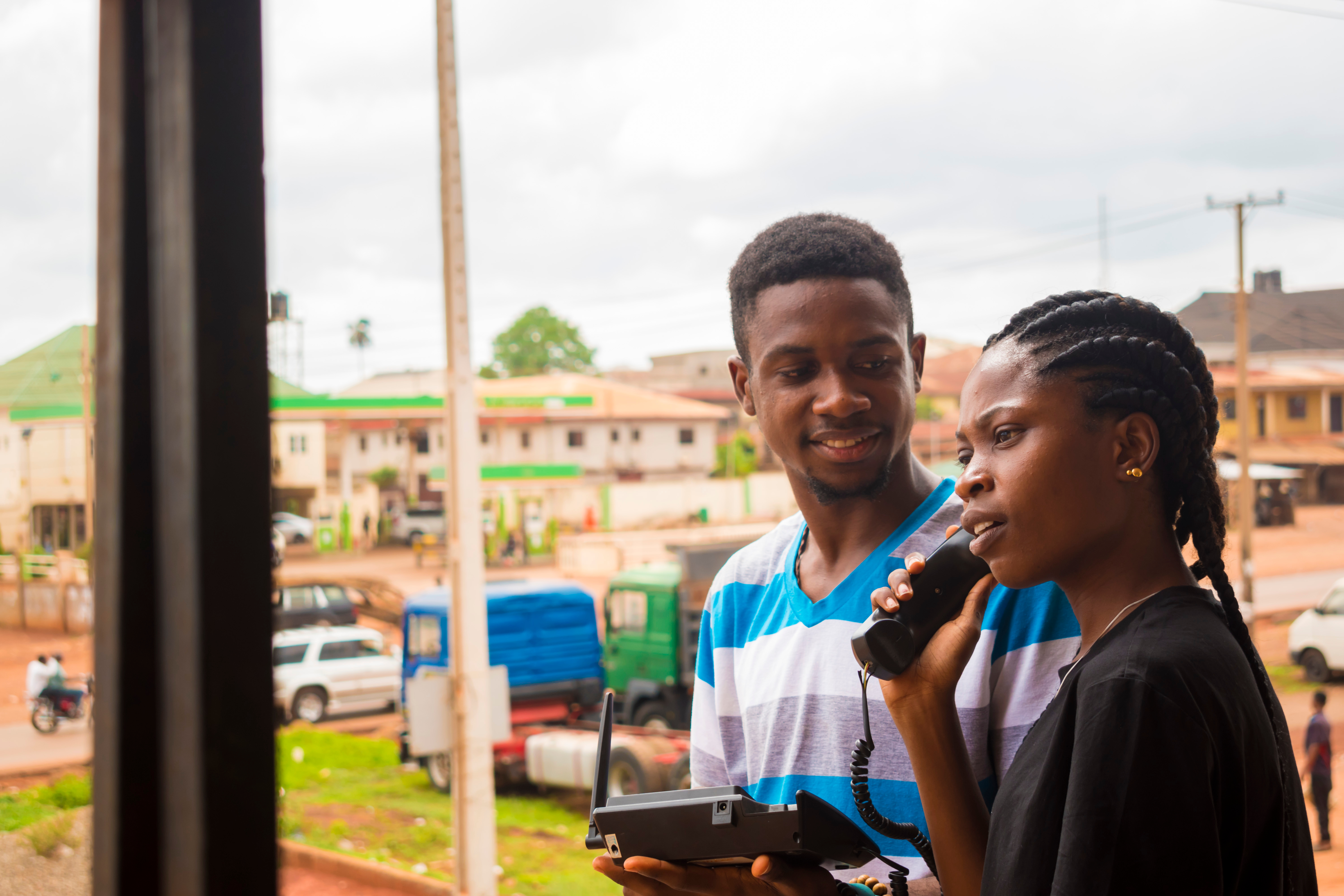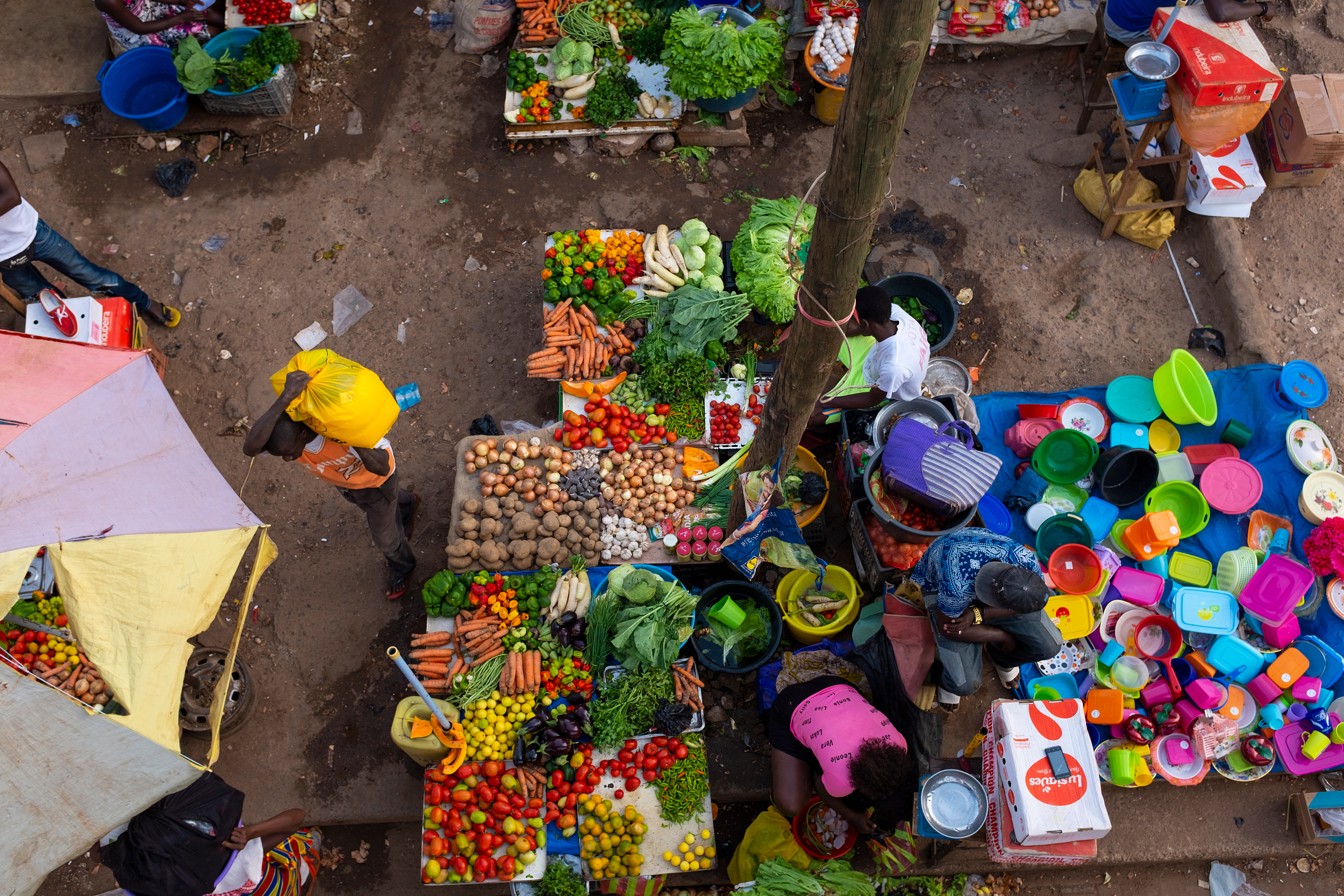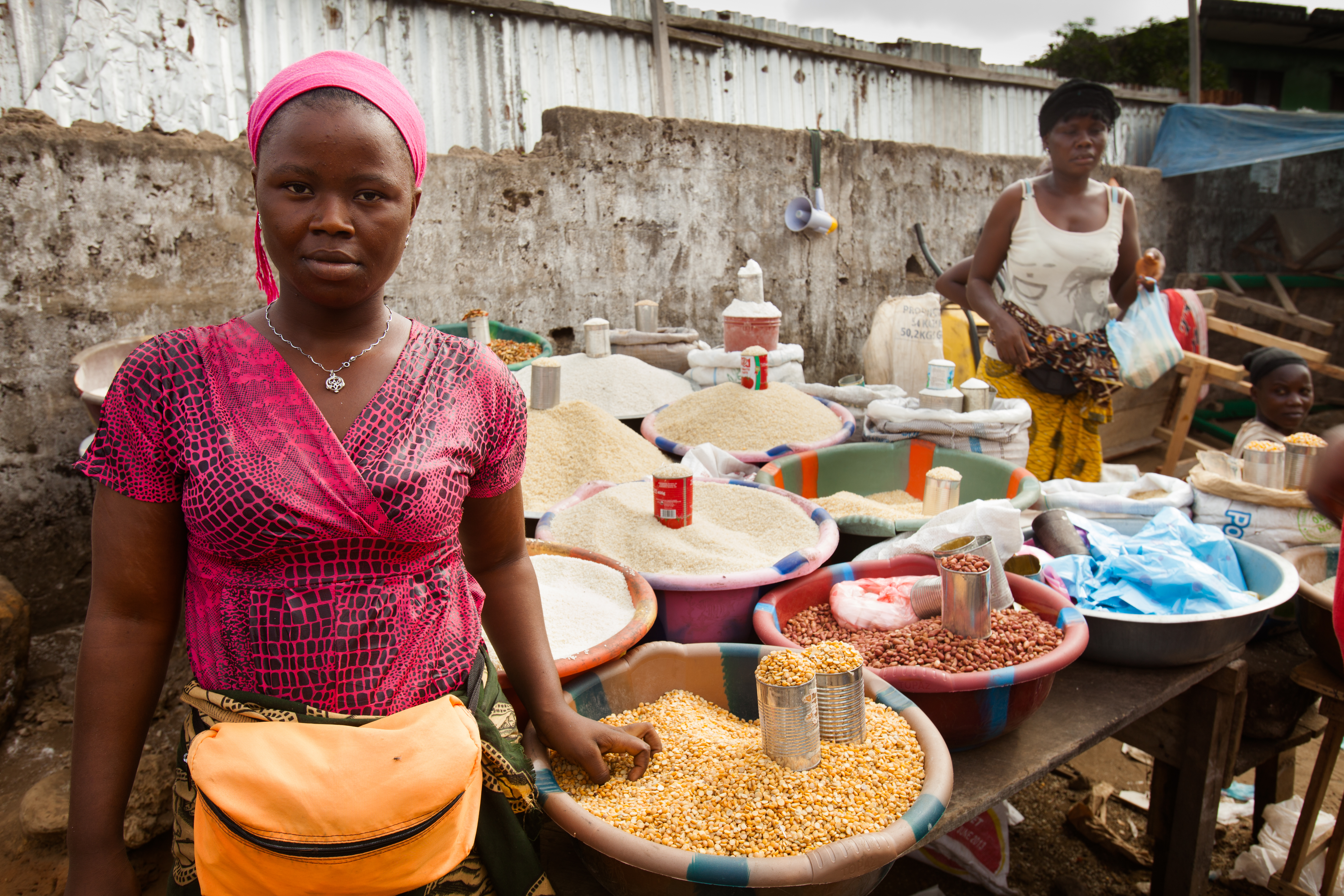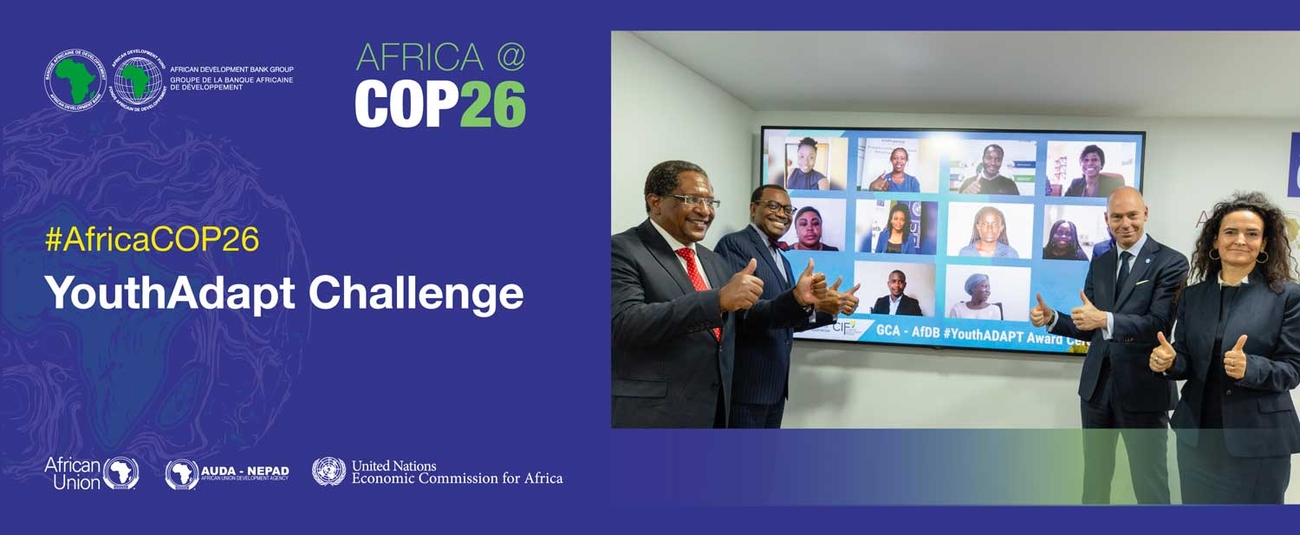
Skills for Employability, Inclusion and Productivity Project (SEIP)
Skills for Employability, Inclusion and Productivity Project (SEIP)
7 November, 2022Context
The Somali youth experience low absorption in the formal job opportunities with over two-thirds of the unemployed spending at least 8 months searching for a job. As a result, the main form of employment in Somalia is self-employment in the informal sector. Over 64% of workers in Somalia, especially women and youth, are self-employed, 61% of whom are in non-agricultural self-employment. Given the low availability of decent jobs, the long job search period and the predominance of low wages and low productivity in the Somali labour market, the promotion of entrepreneurship and self-employment is a key strategy to improve employment outcomes and income generation. Therefore, skills development in areas that can enhance entrepreneurship is critical for risk management and for building resilience.
The Technical and Vocational Education and Training (TVET) in Somalia is very limited due to lack of adequate infrastructure and systems to implement the activities falling under the sector. The trainings are provided by private vocational training centers and by few public-training centers funded by the international community. As a result, TVET needs rehabilitation and be expanded in order to produce skilled workers and specialists who will eventually strengthen the Somali economy, which can then increasingly rely on their own domestic workforce.
Objectives
The overall aim to increase access and relevance of technical and vocational skills that catalyse economic transformation and enhance employability and inclusion of Somalis, particularly for Youth and women. It will support the government to provide employable vocational and technical training opportunities targeting the youth. More specifically, the project will:
- Rehabilitate of technical and vocational training centers in order to increase access and ensure inclusion in skills training
- Build capacity of TVET teachers/instructors and improve TVET curriculum to strengthen skills quality and relevance
- Integrate entrepreneurship to enhance innovation and self-employment
- Support sectorial and institutional capacity building
AAAP added value
a) Development of curriculum in climate sensitive courses
- Solar technology / solar system installation and maintenance
- Climate Smart agriculture including composite manure making, water harvesting, storage and application technologies, soil and water conservation.
- Eco-friendly construction skills
- Alternative livelihood skills such as plumbing and carpentry
b) Labour market assessment (including an assessment of potential for green jobs/ entrepreneurship in Somalia)
c) Entrepreneurship development in green enterprises
Expected Outcomes
- 400 youth to be trained in climate-relevant and green related courses
- 120 young entrepreneurs to focus on green entrepreneurship/ jobs
- Reduced skilled labour shortages and labour importation
- strengthened technical and vocational skills development to enhance employability and contribute to inclusive green growth
Expected impacts
- Increased access to quality skills development and enhanced equity in vocational training. through support to vocational and technical training and institutional capacity building
- Youth equipped with entrepreneurship skills necessary to facilitate self-employment, income generation and economic resilience



